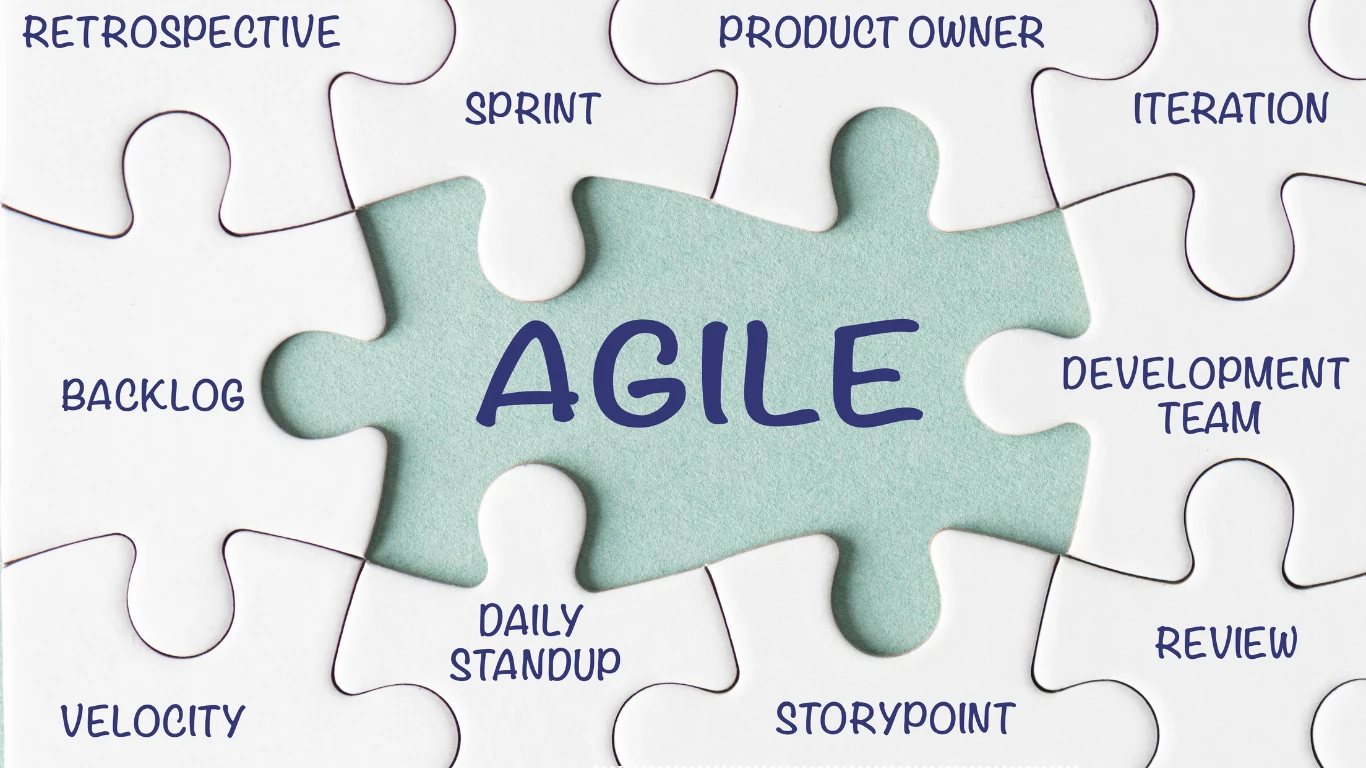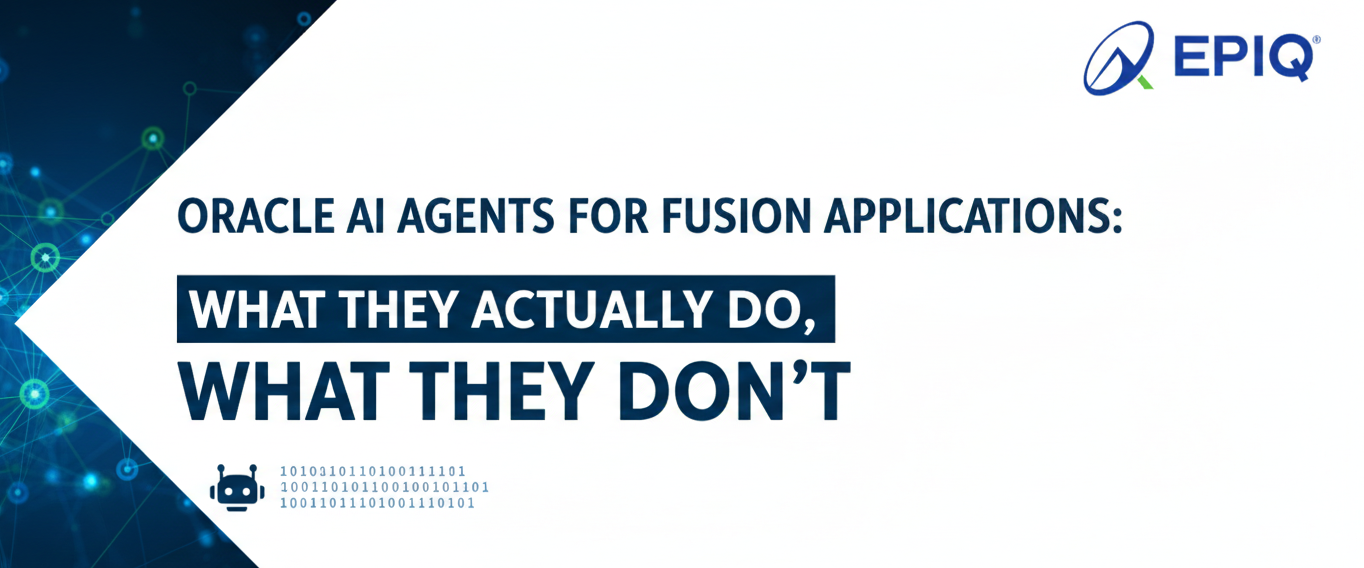Implementing NetSuite is a critical process for businesses aiming to enhance their operations through an integrated ERP system. However, successful implementation requires careful planning, extensive preparation, and an understanding of best practices to ensure smooth integration with existing workflows. Organizations must consider several factors, such as the time and cost involved, potential challenges that may arise, and how to align NetSuite functionalities with their company’s unique culture and operations. Without proper guidance, implementation can be prone to delays, cost overruns, or failure to meet business objectives.
The agile methodology has emerged as an effective approach for ensuring success in NetSuite implementations. By applying agile principles, businesses can break down the complex process into manageable stages, allowing for flexibility, iterative progress, and continuous feedback.
This method ensures that the implementation is not only aligned with business needs but also adaptable to changes throughout the process. Our specialized “8-sprint approach” to NetSuite implementation is designed to maximize the platform’s capabilities while minimizing disruptions to daily operations. This methodology ensures that companies can continue their core activities while transitioning smoothly to NetSuite.
Before delving into the specifics of our approach, it’s important to understand the fundamentals of agile methodology and its advantages in an ERP implementation context.
Why Agile Methodology is Ideal for NetSuite Implementation
The agile methodology emphasizes iterative development, collaboration, and adaptability. It contrasts with traditional project management approaches that follow a rigid, linear path, often leading to delays and issues if requirements change mid-way through the project. Agile, on the other hand, is structured around short, iterative cycles known as sprints.
This allows for continuous refinement and improvement of the system as feedback is incorporated at each stage. The agile approach is particularly well-suited for ERP implementations like NetSuite because it ensures that the system is customized to the evolving needs of the business rather than being forced into a predefined mold.
In NetSuite implementation, the agile approach begins with detailed discovery and planning, followed by phased deployment in multiple sprints. Each sprint is dedicated to specific modules or functionalities, ensuring that key business areas are addressed early and incrementally. This ensures that stakeholders can regularly review and provide input on the system’s progress.
It also allows for a more adaptive implementation, enabling the system to evolve with business needs while mitigating risks. Agile encourages collaboration between the NetSuite team and the business, ensuring alignment at every process step and reducing the likelihood of major setbacks.
Agile is a software development methodology that allows a team, often called a SCRUM team, to iteratively build and improve a product over short cycles called sprints, usually lasting 2-4 weeks. The team typically includes roles such as Product Owner, Scrum Master, Analyst, Developer, and Tester.
The process begins with a Product Backlog, which lists prioritized requirements, often called Epics or User Stories. The Product Owner, usually the client or solution manager, is responsible for outlining the needs of the organization. The SCRUM team, usually consisting of fewer than eight members, is made up of all the necessary roles to complete the project, with a shared responsibility for the work.
A key advantage of Agile is the team’s ability to adapt quickly and become self-sufficient, allowing for rapid progress and continuous improvement. The Agile approach emphasizes learning quickly from any mistakes and adjusting, whereas traditional methods like Waterfall delay identifying issues, which can slow down the process. Agile encourages a mindset where it is better to fail fast, learn, and move forward, rather than discovering problems months into the project.
The 8-Sprint Approach to NetSuite Implementation Success
Our 8-Sprint NetSuite implementation strategy has proven highly effective across various critical business operations, including eCommerce, ERP, and CRM projects. Instead of simply launching products, we deliver complete solutions tailored to client needs. By leveraging Cloud ERP and utilizing agile sprints, we focus on customizations, integrations, and implementations in 2–4-week increments. Each sprint concludes with a live demo showcasing the progress to the customer. This iterative approach allows the project team to adapt and refine the solution efficiently. The client, represented by the Customer Product Owner, becomes an integral part of the process, helping the team respond to changes quickly. This methodology ensures that schedules are maintained and that businesses can experience immediate benefits from the solution.
Agile Project Management and NetSuite Implementation
Our use of Agile Project Management has significantly enhanced collaboration between our team and clients during NetSuite implementations. This close partnership leads to better business relationships, transparent communication, and faster project completion. By involving clients at every stage, feedback is quickly incorporated, ensuring the solution meets the specific needs of the business. The Agile process helps keep everyone aligned and improves project outcomes.
- Sprint 1: Business Requirements: The first sprint focuses on gathering business requirements and developing the initial project plan. NetSuite Implementation Consultants engage with clients to understand their organizational needs, such as the number of employees, departments, regions, and current systems in place. This phase helps define how NetSuite will integrate into the company’s existing structure, identifying key areas for improvement and setting the foundation for the implementation.
- Sprint 2: Products, Procure to Pay, and Fixed Assets: In Sprint 2, the team migrates data to the NetSuite environment. This includes setting up user accounts, defining account hierarchies, and transferring data from legacy systems like Microsoft Dynamics or SAP. Minimizing downtime during this data migration is a key focus, as it is critical to the success of the implementation.
- Sprints 3 and 4 Inventory Process Automation: The third and fourth sprints concentrate on automating inventory processes, from supplier management to warehouse operations. This phase also involves configuring inventory products and integrating vendors and suppliers to enhance supply chain management.
- Sprint 5: General Accounting and Budgeting: In Sprint 5, attention shifts to automating financial processes such as general accounting and budgeting. This includes uploading journal entries, creating recurring transactions, managing journal workflows, and generating financial reports.
- Sprints 6 and 7: Order to Cash : Sprints 6 and 7 focus on automating customer transactions. This includes generating invoices, managing collections, and handling invoice delivery. These sprints aim to streamline the order-to-cash process, improving efficiency in customer interactions and financial tracking.
- Sprint 8: Cutover and Historical Data Migration : The final sprint involves migrating historical data to NetSuite and transitioning all business processes to the new system. This ensures a smooth cutover from old systems, eliminating gaps and overlaps between the previous processes and the new ones being implemented in NetSuite.
Conclusion
Every business has unique requirements and operational processes, making a one-size-fits-all approach to NetSuite implementation less effective and often more expensive in the long term. Partnering with experienced NetSuite implementation consultants, like Epiq, ensures a tailored solution that maximizes the value of the Enterprise Resource Planning (ERP) system. We guide businesses through a structured and thorough implementation process, starting with in-depth discovery and requirements gathering to fully understand their needs.
At Epiq, our goal is to create an environment where users can efficiently adopt NetSuite, facilitating a smooth transition. Our agile implementation methodology allows for continuous feedback and ongoing improvements with every sprint, ensuring the system is aligned with business objectives.







